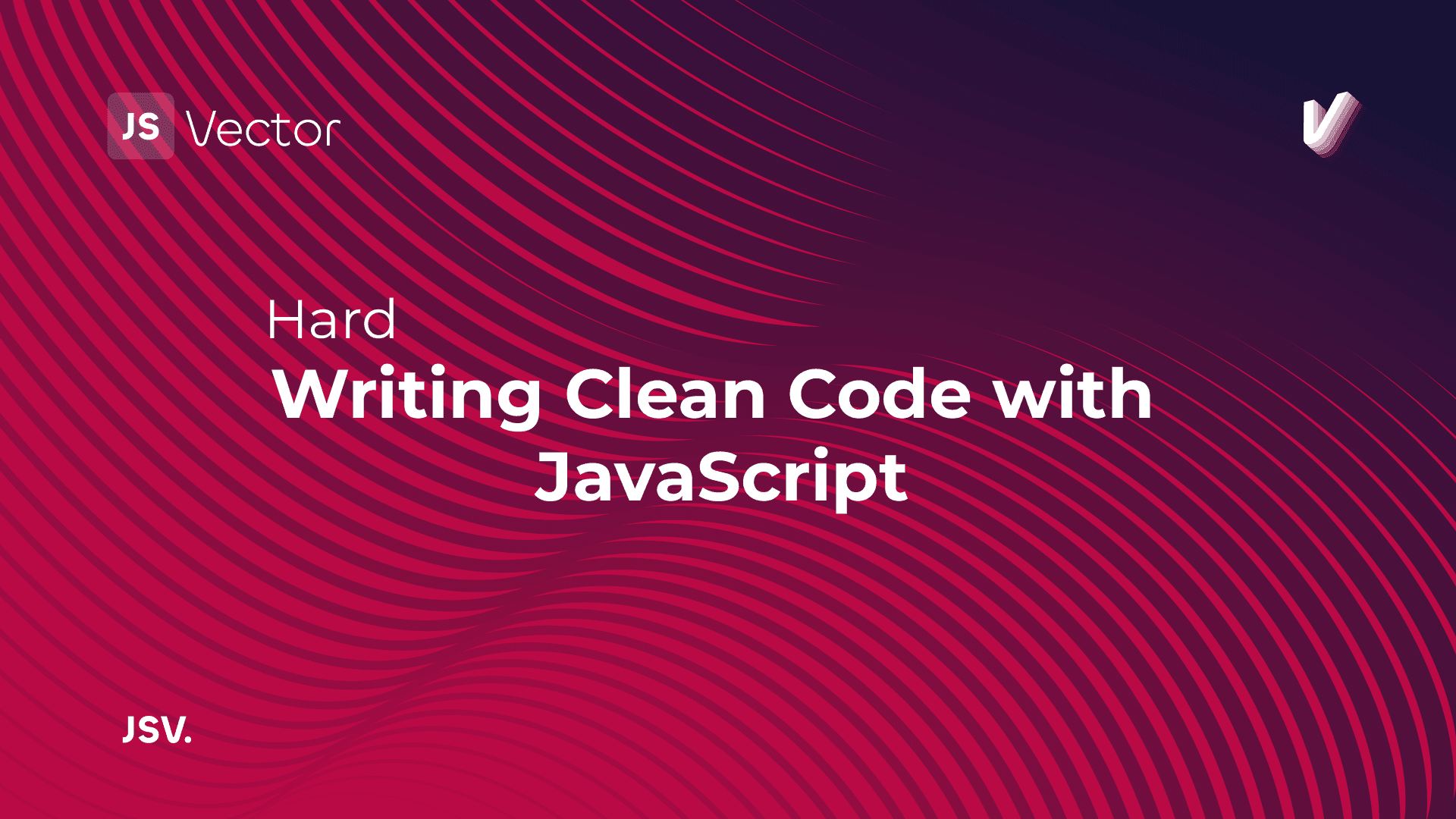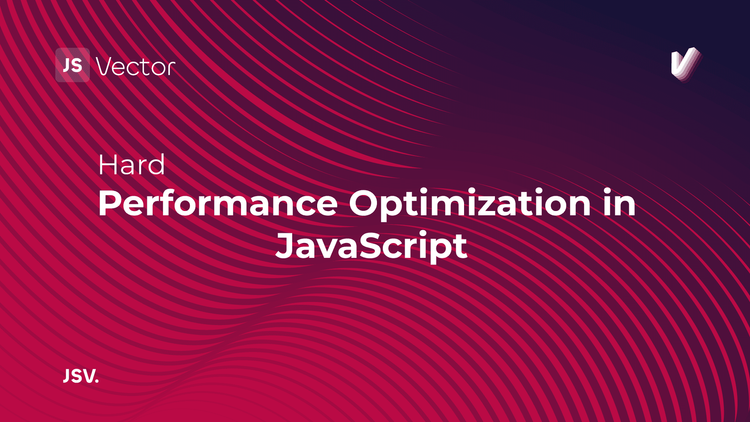
The importance of writing clean code cannot be overstressed. Clean code not only makes your JavaScript applications more maintainable and scalable but also facilitates easier collaboration among team members. As applications grow in complexity, the need for clear, understandable, and efficient code becomes paramount.
Embrace Readability
Readability is the cornerstone of clean code. Code is read more often than it is written, so writing code that is easy to understand is crucial. Here are some tips to enhance readability:
Use Meaningful Names
Variables, functions, and classes should have names that clearly describe their purpose or the value they hold. Avoid generic names like data or info, and opt for descriptive names like userProfile or calculateTotalPrice.
// Bad
function p(d) {
return d * 0.1;
}
// Good
function calculateTax(price) {
return price * 0.1;
}Favor Explicit over Implicit
JavaScript offers a lot of flexibility, which can sometimes lead to implicit and confusing code. Be explicit in your intentions to make the code more readable.
// Bad
const makeFullName = (first, last) => `${first} ${last}`;
// Good
const makeFullName = (firstName, lastName) => `${firstName} ${lastName}`;Prioritize Reusability
Reusability is about reducing duplication and creating modular, reusable pieces of code. This not only saves time but also reduces the likelihood of bugs.
DRY (Don't Repeat Yourself)
Avoid duplicating code. Use functions, classes, or modules to encapsulate reusable logic.
// Bad
const itemTotal = price * quantity;
const tax = itemTotal * taxRate;
const total = itemTotal + tax;
const otherItemTotal = otherPrice * otherQuantity;
const otherTax = otherItemTotal * taxRate;
const otherTotal = otherItemTotal + otherTax;
// Good
function calculateTotal(price, quantity, taxRate) {
const total = price * quantity;
const tax = total * taxRate;
return total + tax;
}
const total = calculateTotal(price, quantity, taxRate);
const otherTotal = calculateTotal(otherPrice, otherQuantity, taxRate);Encapsulate and Modularize
Group related functionality into modules or objects. This not only enhances reusability but also improves the organization of the code.
Simplify and Reduce Complexity
Complex code is harder to maintain, understand, and debug. Strive to simplify logic and reduce complexity wherever possible.
Break Down Complex Functions
If a function is doing too much, break it down into smaller, more focused functions. Each function should have a single responsibility.
// Bad
function processUserData(userData) {
if (userData.age > 18) {
// Verify user
// Save to database
// Send welcome email
}
}
// Good
function verifyUserAge(user) {
return user.age > 18;
}
function saveUserToDatabase(user) {
// Save to database
}
function sendWelcomeEmail(user) {
// Send welcome email
}
if (verifyUserAge(userData)) {
saveUserToDatabase(userData);
sendWelcomeEmail(userData);
}Use Comments Wisely
While comments can be helpful, excessive comments can clutter the code. Write self-documenting code where possible and use comments to explain "why" something is done, not "what" is done.
Embrace Modern JavaScript Features
Modern JavaScript (ES6 and beyond) introduces features that can help write cleaner code. Features like arrow functions, template literals, destructuring, and async/await can make your code more concise and readable.
Arrow Functions
Arrow functions provide a shorter syntax for writing functions and do not have their own this context, making them ideal for use in callbacks and methods defined in object literals.
Template Literals
Template literals allow for embedded expressions and multi-line strings, making string concatenation and creation more readable.
Destructuring
Destructuring allows unpacking values from arrays or properties from objects into distinct variables, making the code cleaner and more readable.
Focusing on readability, reusability, and simplicity, you can write JavaScript code that is not only functional but also clean and maintainable. Remember, clean code benefits everyone—from the original developer to future maintainers, ensuring that your codebase remains robust and adaptable in the face of changing requirements.









